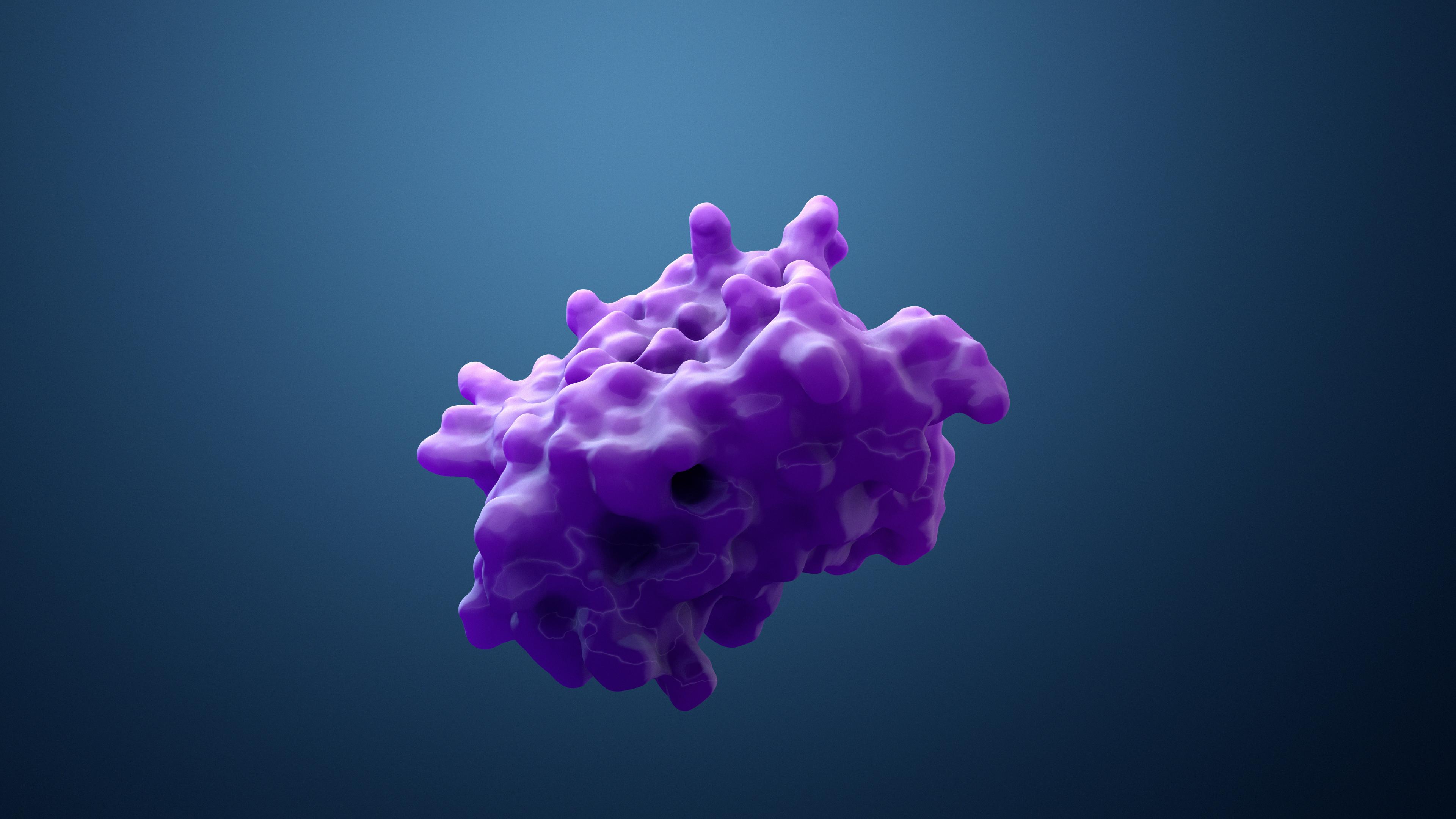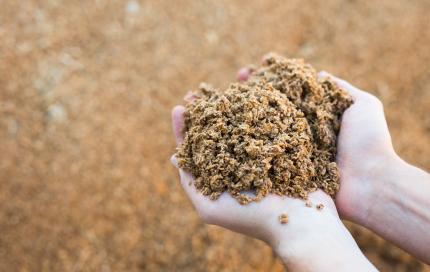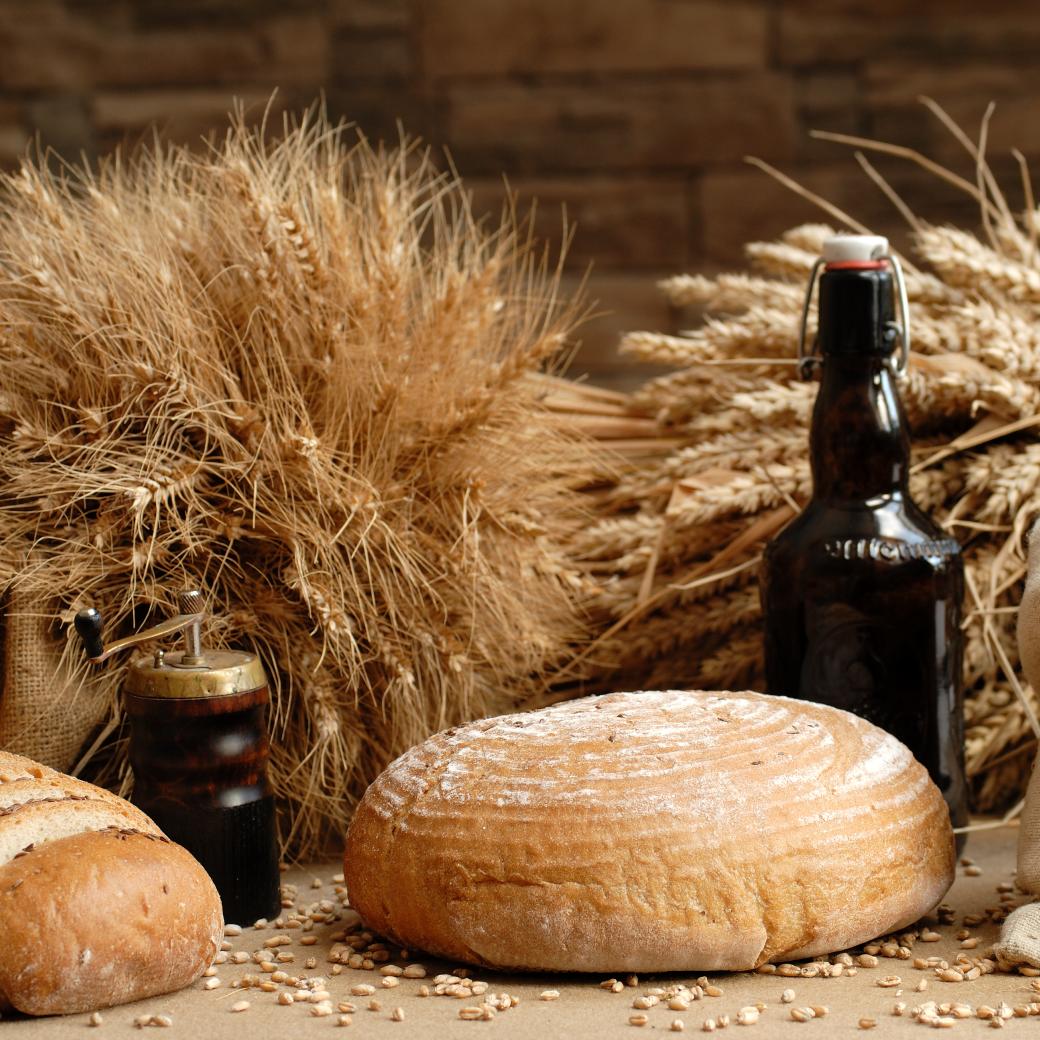Enzymares

Development of a toolbox to accelerate enzyme discovery and shorten time-to-market for new enzymes.
Why this project?
Enzymes are omnipresent. They are used in chemicals, pharmaceuticals, food and (aqua) feed products, textiles, cosmetics and many other industrial applications. Because they are biodegradable and non-toxic, enzymes are an attractive alternative to chemical additives or catalysts. Enzymatic catalysis therefore has the potential to make the resource and energy consumption of industrial processes more efficient, thus contributing to a more sustainable industry.
Given their wide range of applications and their sustainable profile, it is no surprise that the global demand for enzymes is growing rapidly. In particular, new or more efficient enzymes are sought in terms of substrate selectivity, inhibition sensitivity, chiral selectivity, pH and temperature range. There is also an increased focus on the performance of enzymes in extreme conditions, such as high salt tolerance, hyperthermostability, barophilia or cold adaptivity.
Fortunately, biological resources, especially marine environments, offer a huge opportunity for enzyme exploration. However, tapping into this reservoir and finding the right enzymes is not easy. Nowadays, most new enzymes are found by high-throughput functional screening of genomic libraries and comparison with biological databases. Once interesting enzymes are identified, their performance in industrial applications is assessed. This assessment can take years and even then the majority of enzymes identified during the screening process are not particularly useful. In short, finding the right enzymes is extremely time-consuming and demanding, which slows down their valorisation and application.
Research approach
The inter-cluster project Enzymares, a collective fundamental research project (SBO type), will therefore develop a toolbox to accelerate enzyme discovery. The toolbox will optimise the process of enzyme discovery by:
-
developing an improved, high-quality database that integrates different types of molecular and biological data;
- adding ecological information about the organism and its habitat to the database, since organisms living in extreme habitats are much more likely to produce enzymes that are able to perform under extreme conditions;
- adding process parameters and performance needs to the database at an early stage, to ensure that enzymes are indeed fit for purpose, to significantly increase the number of quality hits and to shorten time-to-market.
A toolbox that integrates different types of molecular data, ecological information, process parameters and performance needs will increase the chances of success in the enzyme discovery process. Moreover, by investigating the diversity of enzymes in more complex organisms, a ‘new world’ of previously unknown enzymes can be made available for valorisation by industry. This in turn increases the application potential of enzymatic catalysis in industrial processes.
Target Group and Results
Through its innovative toolbox, Enzymares will contribute to the success of enzymes as sustainable biocatalysts and support companies in making their processes and products more sustainable.
This toolbox and the insights obtained in the project can inspire companies from the chemical sector as well as from the food industry.
Want to participate in the Industrial Advisory Board?
The project starts in May 2021 and runs until May 2025 (project duration 4 years), until then participation is always possible. Anyone interested in joining the Industrial Advisory Board should contact the project manager.
Project partners
The process of enzyme discovery is complex. A multidisciplinary approach is therefore crucial. Management and implementation is in the hands of various experts in the fields of ecology, microbiology, protein (bio)chemistry, bioprocess technology, bioinformatics and machine learning:
Ghent University:
- Blue Growth Research Lab led by Prof. Jana Asselman (jana.asselman@ugent.be)
- Laboratory of Microbiology under the direction of Prof. Bart Devreese (bart.devreese@ugent.be)
- Laboratory of Protistology and Aquatic Ecology under the direction of Prof. Koen Sabbe (koen.sabbe@ugent.be)
- Laboratory of Comparative Network Biology under the direction of Prof. Klaas Vandepoele (VIB) (klaas.vandepoele@psb.vib-ugent.be)
KU Leuven:
-
ESAT - STADIUS led by Prof. Bart De Moor (bart.demoor@kuleuven.be)
-
Computational Systems Biology led by Prof. Vera Van Noort (vera.vannoort@kuleuven.be)
-
Laboratory of Biodiversity and Evolutionary Genomics under the direction of Prof. Filip Volckaert (filip.volckaert@kuleuven.be)
-
Laboratory of Food Chemistry and Biochemistry under the direction of Prof. Christophe Courtin (christophe.courtin@kuleuven.be)
VITO under the direction of Dr. Heleen De Wever (heleen.dewever@vito.be)
Bio Base Europe Pilot Plant (BBEPP) led by Dr. Karel De Winter (karel.de.winter@bbeu.org)
This inter-cluster project is supported by three Flemish spearhead clusters: Catalisti, De Blauwe Cluster and Flanders' FOOD.
Articles







